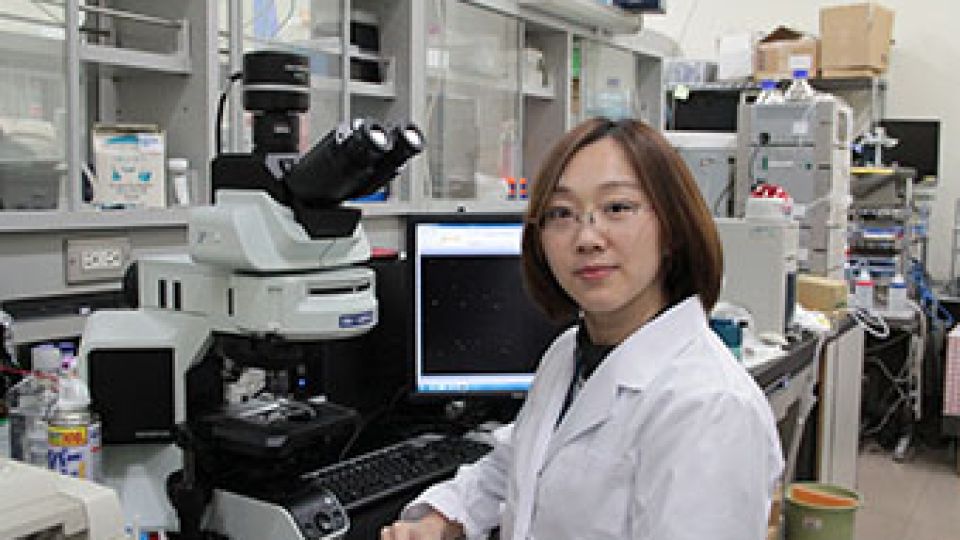February 11, 2022
TOKYO – Riken, together with other research institutes, will establish in Kobe a research base at which AI-powered robots will handle such experiments as cell culturing, starting in fiscal 2022.
Robotizing simple tasks that are usually done by researchers in the fields of regenerative medicine and life sciences will free up more time for conducting research, thus accelerating the development of new therapeutic methods and so forth.
To culture and propagate cells needed for research, such as induced pluripotent stem (iPS) cells, it is necessary to routinely repeat such tasks as changing culture fluids. Also, during experiments, it is vital for judgments based on technical experts’ experiences to be made, such as fine adjustments in line with the condition of cells.
All of these have made it difficult for such experiments to be done with robotization.
At the research base that Riken plans to establish at its Kobe campus, it will build a system in which multiple pieces of equipment, including robots equipped with human-like arms, microscopes and devices to inject fluids into test tubes, will work in concert with one another.
Robots that have “learned” the techniques of skilled experts with the use of AI will autonomously assess the conditions of cells, which will be photographed with microscopes, and be able to adjust the culturing conditions.
The robotization of these tasks also has such merits as having important experiments be reproduced many times, while also making it difficult for fraudulent acts to be carried out during the research. By repeatedly conducting trials to test and demonstrate by the fiscal year 2024, the project will aim at establishing the relevant technologies.
Also taking part in the research project are the National Institute of Advanced Industrial Science and Technology, the University of Tokyo, and others, while industrial robot-related companies will also cooperate.
Riken envisages deploying experiment centers with hundreds of robots at work, both at home and abroad, and expanding the use of such research facilities in the future.
Alongside this, the project will also push forward with research on AI capable of thinking out the processes of the experiments themselves, hopefully leading to discoveries of sciences that humans could hardly perceive.
Koichi Takahashi, the project leader and a team leader at Riken — a scholar on biologically inspired computing — said: “Presently, excellent human resources are sometimes forced to do simple tasks from morning until night. By using the ability of robots and AI, we would like to develop life sciences further.”

